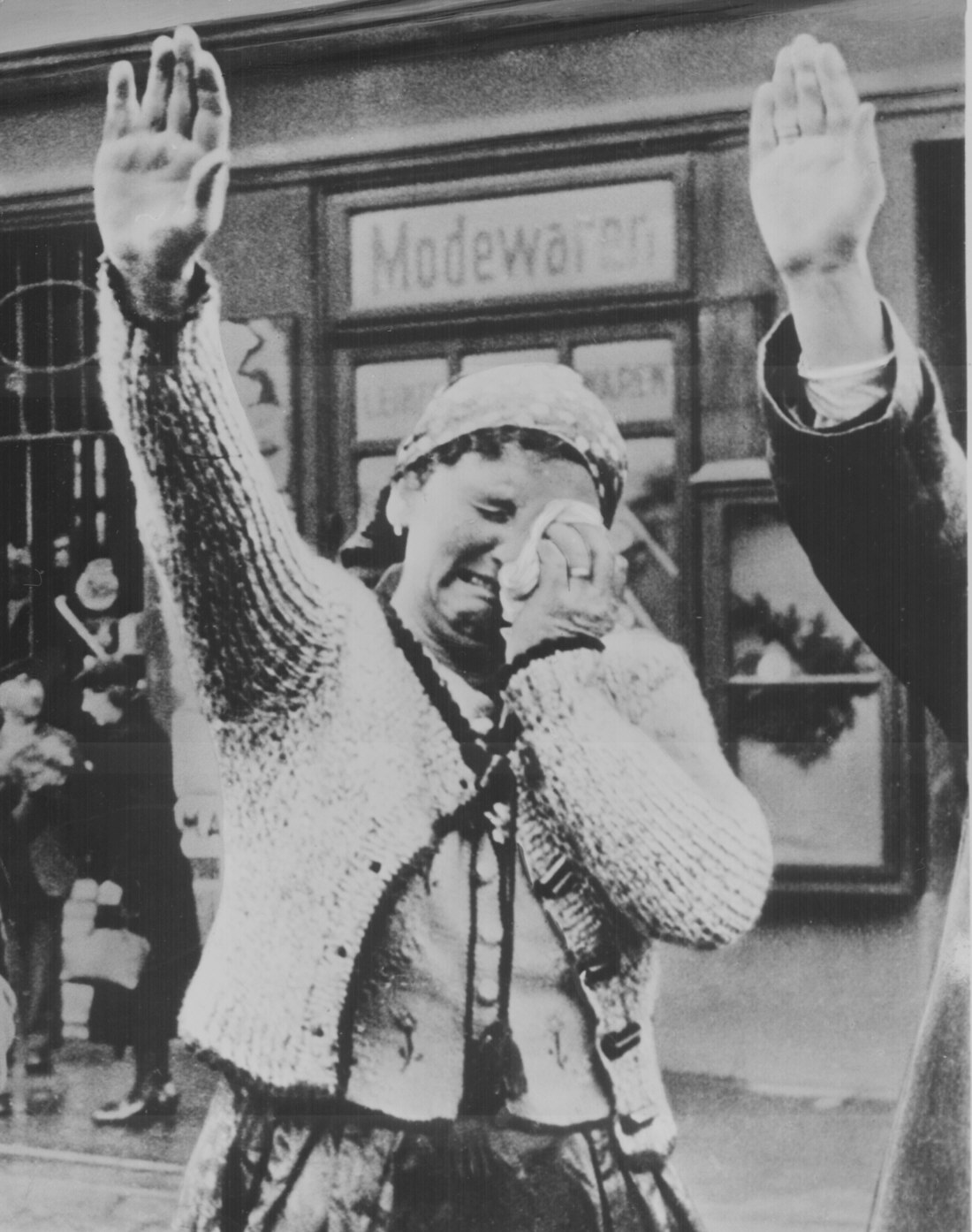Freight Forwarder's Shameful Role in the Holocaust

The actions of the world’s #1 sea freight forwarder, Kuehne + Nagel (K+N), during World War II are being called “a form of corpse robbing” by Frank Bajohr of the Munich Centre for Holocaust studies according to a Daily Mail article.
The article highlights a study by historian Johannes Beermann that found Kuehne + Nagel “had a near monopoly on the movement of stolen Jewish possessions during the Second World War.”
According to About Eductaion, approximately two-thirds of all the Jews who were living in Eurpoe were killed during the Holocaust:
It is estimated that 11 million people were killed during the Holocaust. Six million of these were Jews.
…
An estimated 1.1 million children were murdered in the Holocaust.
The crimes against humanity by Hitler and his Third Reich of Nazis always made the villains of the Holocaust and WWII seem so clear.
But I never considered the big money to be made behind the scenes of the villainous extermination of millions of Jewish people.
The belongings of these millions of people were plundered and shipped, an enormous financial opportunity for logistics and freight forwarding companies in Nazi Germany. This is where K+N came in, according to the Daily Mail article and Beermann’s study:
‘Freight carriers played a central role in the robbery policies of the Nazis in Europe,’ said the academic [Beermann] who has been probing the links between the global company and the regime during the 12 year lifespan of the Third Reich.
He discovered that K+N played a key role in the so-called ‘M Action’ – plundering the homes of western Jews who had been deported.
Furniture, clothing and possessions were stored in vast warehouses and either sold at knock-down prices or distributed to Germans who lost everything in Allied bombing raids.
The first cargo ship from Amsterdam arrived in December 1942 in Bremen. On board were 220 armchairs, 105 beds, 363 tables, 598 chairs, 126 wall units, 35 sofas, 307 boxes containing glassware, 110 mirrors, 158 lamps, 32 watches, a gramophone and two baby strollers.
It consisted of the possessions of the Dutch Jews who had previously been deported in the summer in concentration camps.
You guessed it, that cargo ship full of goods stolen from Jews who were sent off to concentration camps was chartered by K+N.
The article did include a brief response from the company, acknowledging its part in the Holocaust:
For its part, the company said: ‘Kühne + Nagel is aware of the shameful incidents during the period of the Third Reich and regrets very much the fact that it has exercised its activities in part on behalf of the Nazi regime.’
Certainly, K+N regrets having its history marred by shameful activity. But does it regret the money it made through that shameful activity?
How much did that help the company become the leading logistics company it is today with “more than 1,000 offices in over 100 countries, with over 66,000 employees,” according to its website, where the company proudly advertises its years of experience, which would include the years it handled logistics for the Nazis:
Over our 125 year history, Kuehne + Nagel has evolved from a traditional international freight forwarder to a leading global provider of innovative and fully integrated supply chain solutions.
Is a sentence from K+N saying it is aware and regrets its role in this atrocity enough of a response to its marred history?
Frank Bajohr, who called the logistics company’s actions “a form of corpse robbing” was quoted in the article as follows:
“The genocide of the Nazis was a bureaucratically organized process of individuals, institutions and companies. And Kühne + Nagel was involved in this process. I see the company in the relative proximity to mass murder.’
He added that although no company representative stood at the edge of death pits or in extermination camps, the company bears corporate responsibility for its role in the Holocaust.
K+N bears corporate responsibility. What does that really mean?
Can a company all these years later be held responsible for the sins of its past?
The current executives, board of directors, management board, and 66,000 employees certainly took no part in the company’s actions during the late 1930’s and early 1940’s. Surely, they shouldn’t be penalized for those actions.
However, the other side might argue that the company’s role in the Holocaust helped build the foundation for the success it enjoys today and that people should not benefit from the crimes the company took part in.
Of course, K+N was by no means the only company that exploited the Holocaust, with its murder of millions of people. Should there be some form of restitution demanded from such companies?
I don’t know the answer, but I do know that no payment could make up for history’s atrocities.
Could demanding a payment not make us turn and look at our own histories? How much does today’s U.S. citizen benefit from land controlled through atrocities against Native Americans and profit made on the back of slaves?
Perhaps that is an unfair comparison, but businesses, like nations, are comprised of people who work to build it, strengthen it, and pass it or its rewards on to their heirs.
What responsibility does the heir hold through an inheritance created shamefully?
![]()
Source: UC Blog




